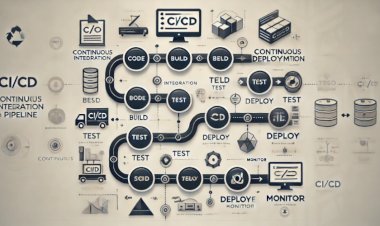Understanding GPS: How It Works and Its Advantages
Discover the benefits of GPS and how it works. Learn how GPS technology is used for navigation, timekeeping, emergency services, tracking, and agriculture.
GPS stands for Global Positioning System, and it is a satellite-based navigation system that provides location and time information anywhere on or near the Earth. The system was originally developed by the United States Department of Defense for military purposes, but it is now widely used for civilian applications, such as navigation, mapping, and tracking.
GPS works by a network of satellites that orbit the Earth, transmitting signals to GPS receivers on the ground. The GPS receiver then calculates the distance between the receiver and the satellites by measuring the time it takes for the signals to travel from the satellite to the receiver. By receiving signals from multiple satellites, the GPS receiver can triangulate its position on the Earth with great accuracy.
There are several advantages to using GPS. Here are a few:
-
Navigation: GPS allows users to accurately navigate to their destination without getting lost. This is especially useful for drivers who are unfamiliar with an area or for hikers who are exploring new trails.
-
Time synchronization: GPS is used for precise timekeeping and synchronization. This is important for activities such as scientific research, financial transactions, and telecommunications.
-
Emergency services: GPS is used by emergency services such as police, fire, and ambulance to locate people who need assistance. This can be especially useful in remote or unfamiliar areas.
-
Tracking: GPS is used for tracking vehicles, equipment, and people. This is useful for logistics, fleet management, and for keeping track of employees in the field.
-
Agriculture: GPS is used in precision agriculture to optimize crop yields and reduce waste. By accurately mapping fields and tracking equipment, farmers can make better decisions about planting and harvesting.
In conclusion, GPS is a satellite-based navigation system that provides location and time information anywhere on or near the Earth. It is used for navigation, time synchronization, emergency services, tracking, and agriculture, among other things. The advantages of GPS include improved navigation, timekeeping, emergency services, tracking, and agricultural productivity.

 Ashish Kumar
Ashish Kumar 














